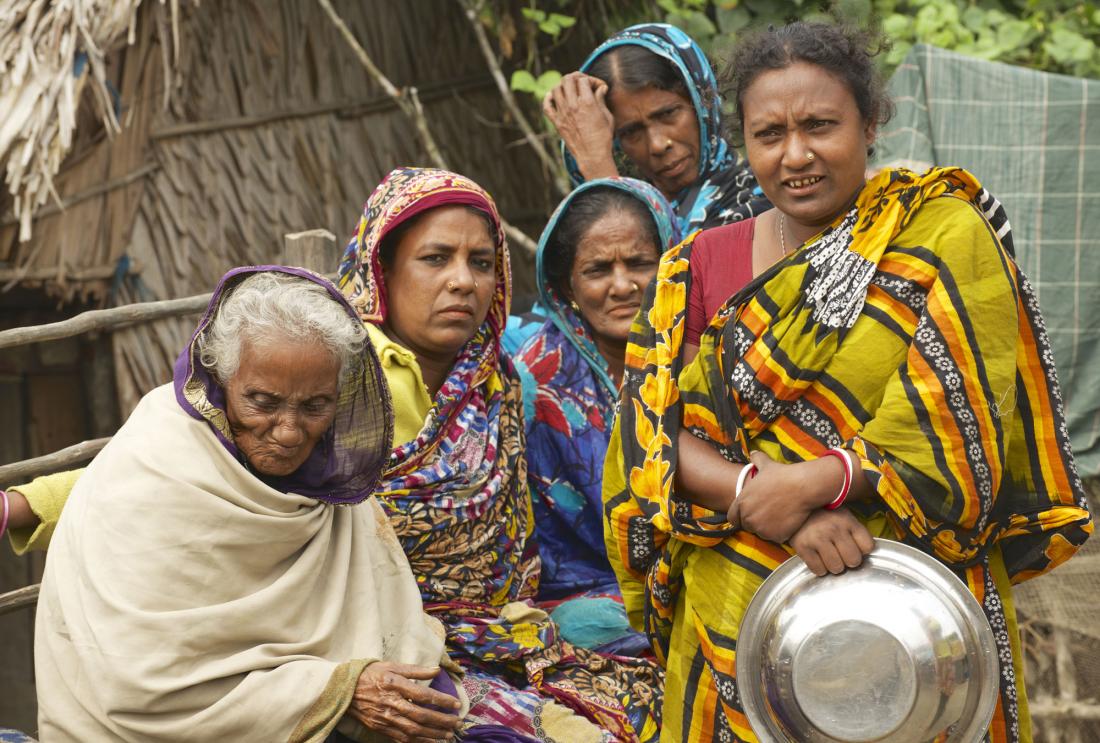Participatory Development and Social Preferences: Experimental Evidence from Bangladesh
- Rural population
- Citizen satisfaction
- Community participation
- Social networks
Community-driven development is an increasingly common approach in development assistance. Evidence is mixed, however, on whether participatory development enhances civic participation, trust, and social values within communities. Researchers are conducting a lab-in-the-field study to measure the impact of a community-driven development program in Bangladesh on participants’ preferences and values about fairness, equity, civic engagement, and participatory decision-making.
Policy issue
One of the most popular strategies employed by donors and governments to promote fair and accountable institutions at the local level is community-driven development (CDD). Typical CDD interventions combine flexible grants that communities can spend on local projects with requirements that spending decisions be made in an inclusive and transparent manner. Since each community’s needs are different, this approach aims at giving community members more control over where funds are spent.
While foreign aid donors and governments have spent billions of dollars on CDD programs in recent decades, evidence is mixed on the long-term impacts of CDD on the social fabric of communities and individual beliefs of community members. Some studies have found positive effects of CDD on community cohesiveness, trust, and civic participation, and others have found that such programs have little impact on these factors.1
Understanding these impacts is essential to designing programs that not only distribute resources effectively, but also increase community members’ demand for fair and equitable institutions. This demand from citizens for effective institutions is an important driver of long-term democratic governance.
Context of the evaluation
In Bangladesh, participatory CDD programs have been a common approach to development assistance since the 1990s.2 Similar values, assumptions, beliefs, and norms across Bangladesh’s population contribute to fostering CDD-friendly environments of social trust and collective action.3 However, class divisions between local elites and regular citizens have led to conflicts that threaten the success of civic activities.4
In this study, the researchers take advantage of an existing randomized evaluation of a community-driven arsenic mitigation program in Bangladesh to test the impacts of the participatory elements of the program on social preferences and citizens’ demand for inclusive governing institutions.

Details of the intervention
Researchers designed a “lab-in-the-field” experiment to observe and measure changes in social norms and preferences for participatory decision-making among participants in a community-driven arsenic mitigation program. The program is implemented by the NGO Forum for Public Health, a local network of organizations active in the water, sanitation, and health sector in Bangladesh.
Among 96 communities with CDD programs, 61 will be selected to participate in this study, and 35 will serve as a comparison group. Within each participating community, researchers will randomly select 36 individuals to take part in three experimental games. Each game will be played by groups of three individuals, with group members reshuffled between each game.
“Contribution game:” This game is designed to evaluate levels of individual and group aversions to inequality. Each group member will receive tokens representing money and will be asked to decide how many of their tokens to give to a common pool, and how to redistribute them among the group.
“Redistribution game:” This game is designed to evaluate aversions to inequality in the presence of external resources. Each group member will receive individual tokens, and each group will receive a set of common tokens. Participants will be asked to distribute tokens among each group member until no common tokens are left.
“Participation game:” This game is designed to estimate the magnitude of community members’ willingness to pay for participatory processes. Under different price conditions, individuals will be asked to decide whether or not to use a participatory process (at the cost of personal tokens) for their group for the last round of one of the two previous bargaining games.
The findings from this research are expected to shed light on the effects of the CDD program on social norms related to distribution of resources within communities. These results will also help inform future design of CDD programs to help maximize their impact on civic engagement and democratic governance.
Results and policy lessons
Results forthcoming.
